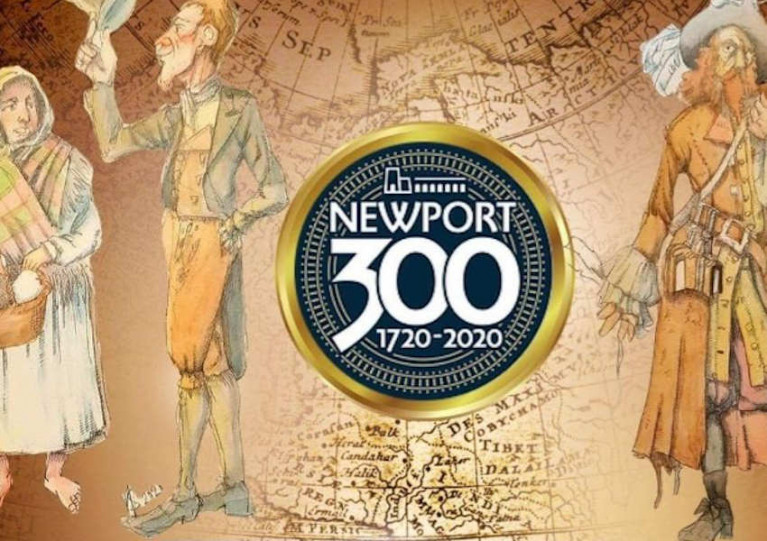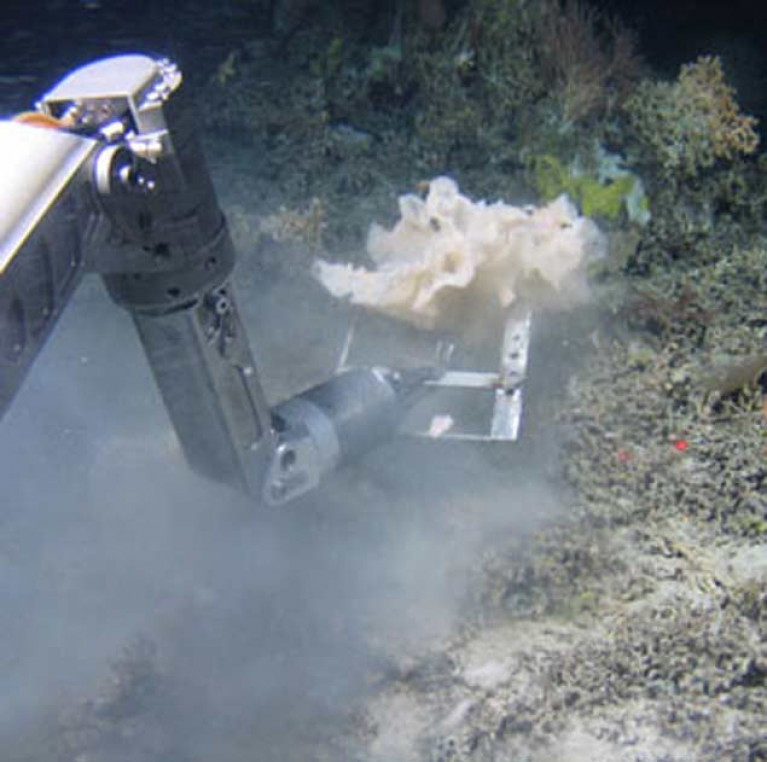
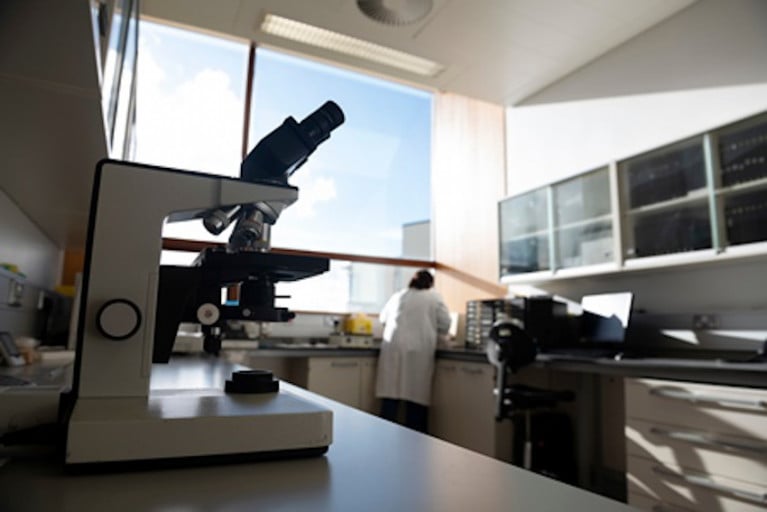
Call For Proposals To Host Cullen Scholars In Marine & Related Doctoral Research
27th May 2020 Marine Science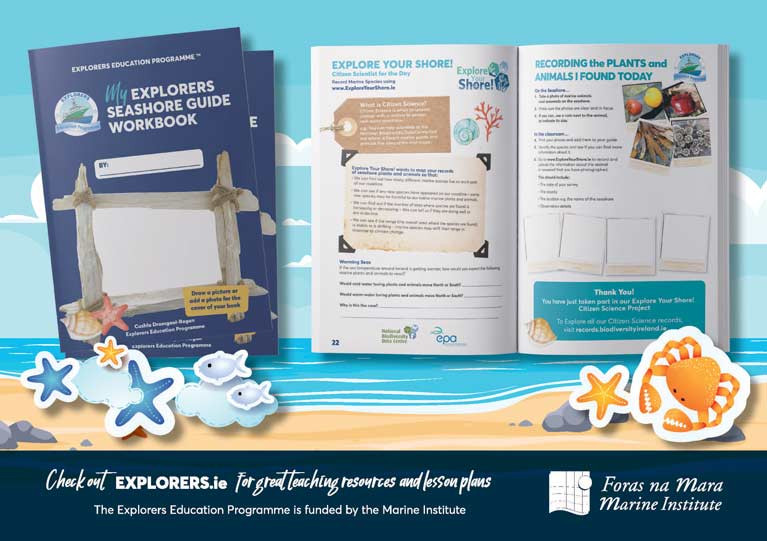
My Explorers Seashore Guide Work Book Published on International Biological Diversity Day
22nd May 2020 Marine Science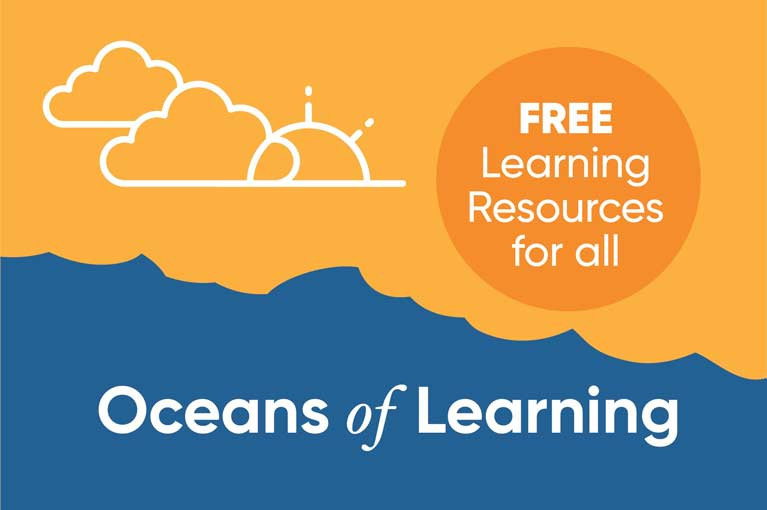
Ireland Marine Sector Collaborates to Celebrate European Maritime Day Virtually
20th May 2020 Maritime Festivals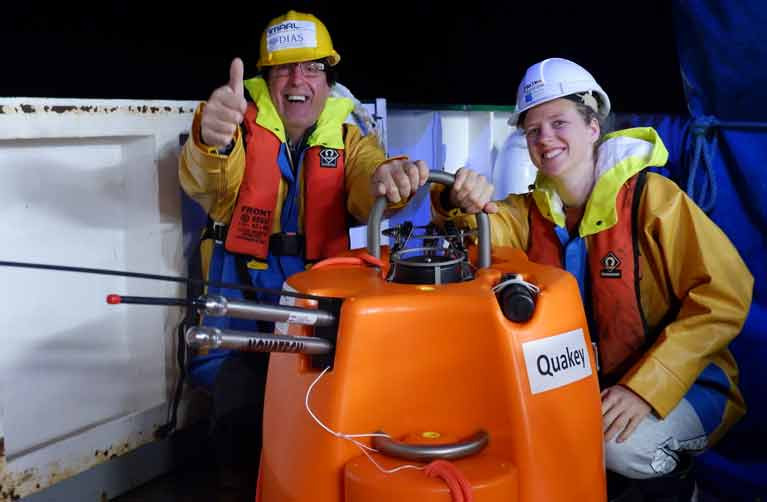
Loss Ness Mometer & Other Seismometers Retrieved by Dublin Institute of Advanced Studies Expedition
13th May 2020 Marine Science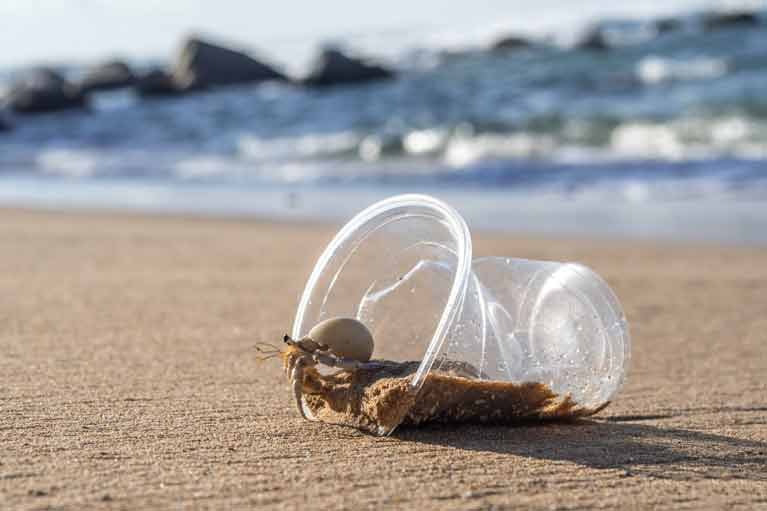

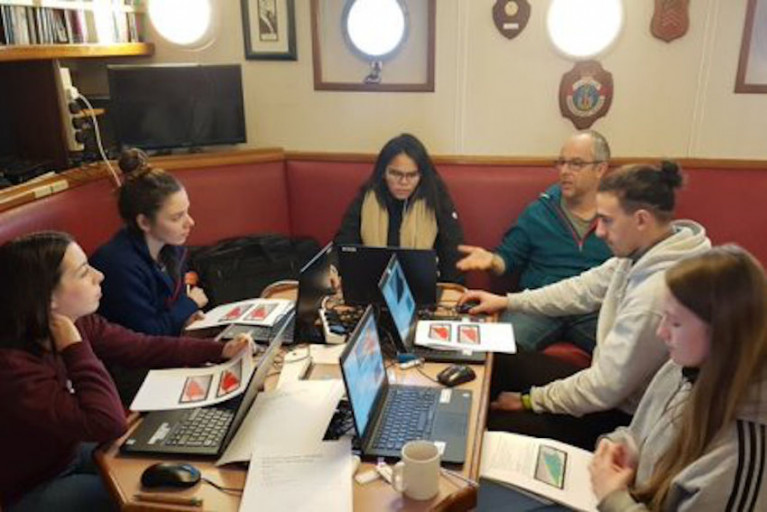
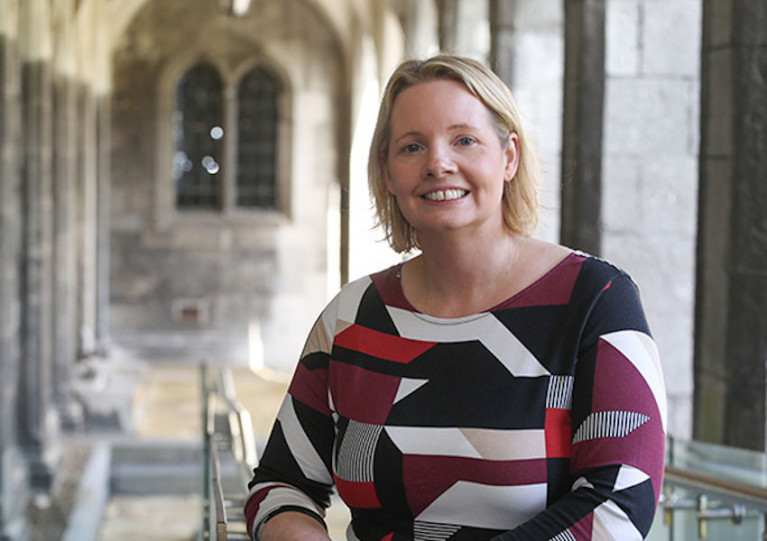
Study Finds Toxic E.Coli In Ireland’s Rivers & Highly Rated Bathing Waters
19th April 2020 Marine Science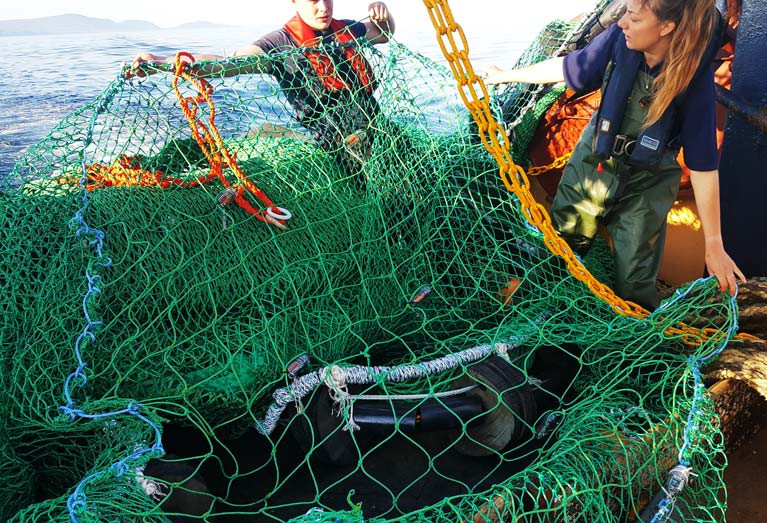
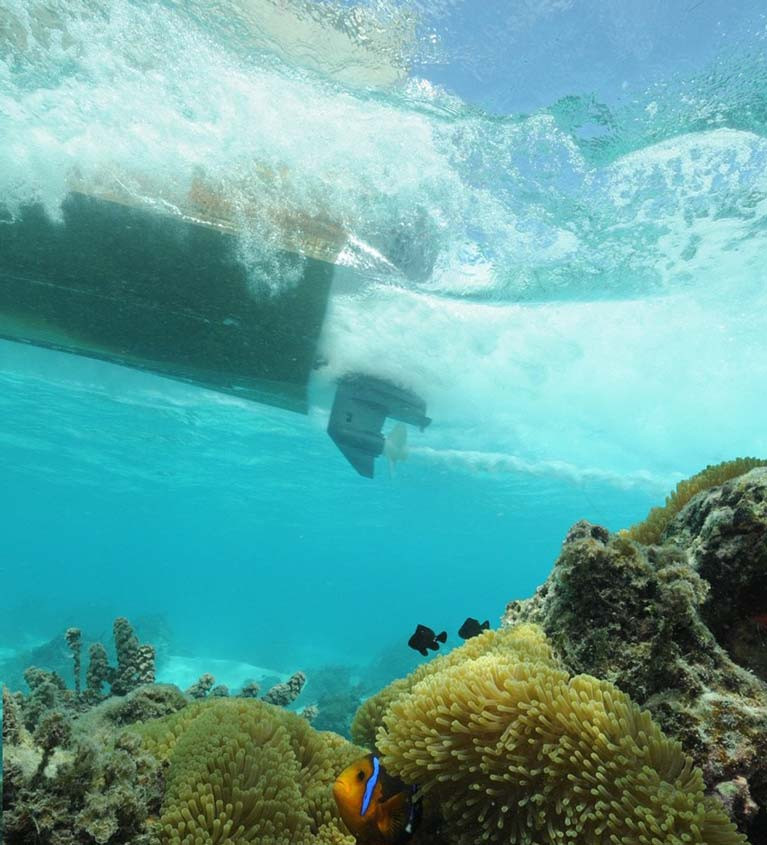
Terrifying Nemo - New Study on Impact of Boat Engine Noise on Fish Finds Clownfish Severely Bothered
9th April 2020 Marine Science
Ocean's Ability to Capture Atmospheric Carbon "Drastically Underestimated", Woods Hole Oceanographic Institution Study Finds
9th April 2020 Marine Science
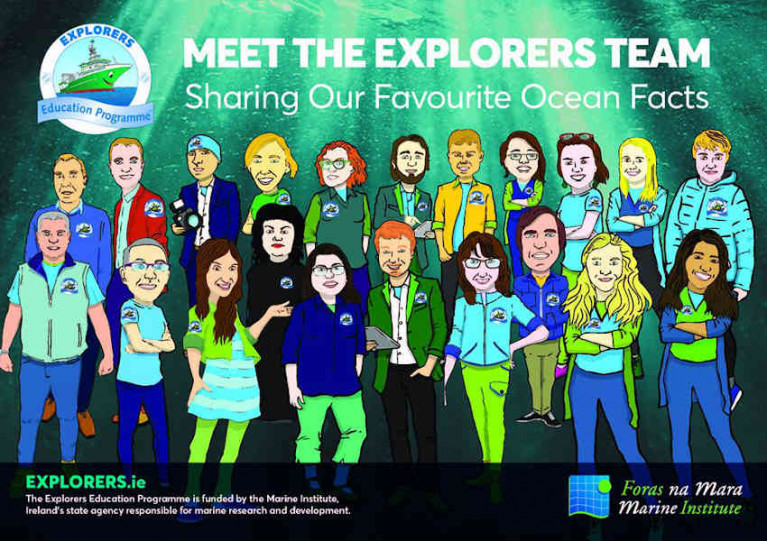
Free Explorers Fun Ocean Facts & Lesson Plans For Primary School Pupils
31st March 2020 Marine Science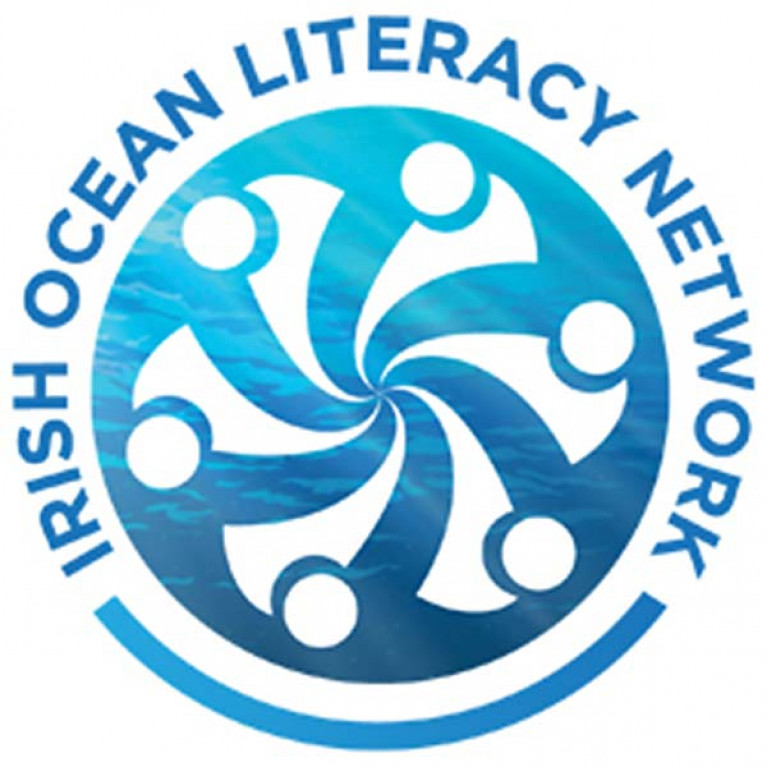
"We are Islanders" - Ocean Literary Network Publishes List of Covid-19 Supports
23rd March 2020 Coronavirus and Boating